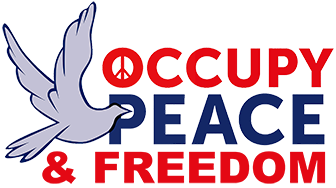July 5, 2022
Anthony Albanese, the newly minted Australian prime minister, made it clear last week that Canberra will take a pro-NATO stance and continue to try and isolate Russia and China.
Albanese said he was especially pleased with the emergence of the so-called “Asia-Pacific Four,” which includes New Zealand, Japan, South Korea, and Australia. All four countries were invited to the NATO summit in Madrid last week due to the threat they face with China.
“NATO has sent a strong message by including Asia-Pacific leaders in discussions at this forum,” Albanese said. “It is clear that President [Vladimir] Putin’s barbaric and illegal invasion of Ukraine has consequences far beyond Europe’s borders.”
China accused Albanese of being “ignorant” and “ill-informed” on the geopolitical ramifications of his comments. News.com.au reported that the Chinese Communist Party’s newspaper, China Daily published an opinion article that said the hopes of a reset between Beijing and Canberra were “diminishing by the day.”
The paper said the take-away from his comments is that Albanese may try to talk about improving relations with Beijing, but he will have to do a better job understanding the issues that have “led to bilateral ties deteriorating precipitously or be more diplomatically astute.”
The Trends Journal has reported on the strained relationship between Australia and China. (See “AUSTRALIA ACCUSES CHINA OF COMMITTING ACT OF AGGRESSION,” “SPOTLIGHT CHINA: EAST VS. WEST” and “AUSTRALIA: MORE MONEY FOR MILITARY INDUSTRIAL COMPLEX.”)
China was on everyone’s mind at the NATO summit in Madrid. Beijing has been accused of taking aggressive actions toward Taiwan and has been criticized for supporting Russia economically during the conflict in Ukraine. China was identified by NATO as the biggest threat to global peace and security.


Recent Comments